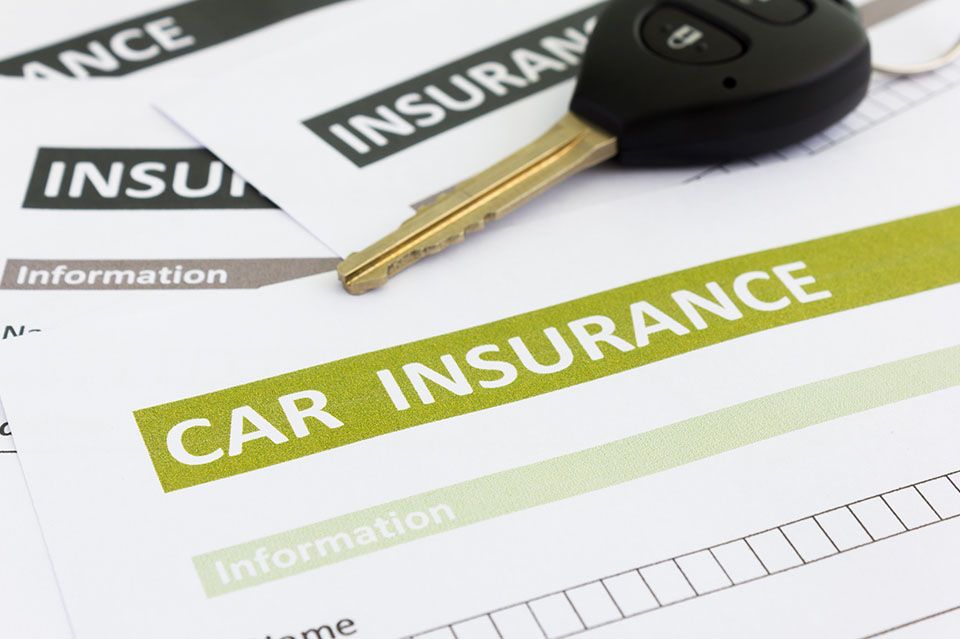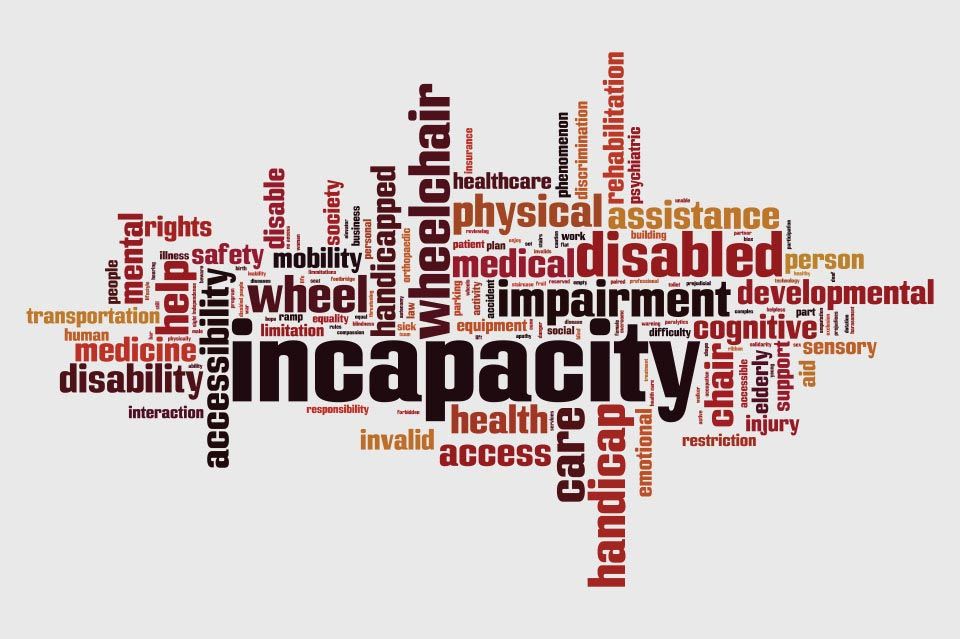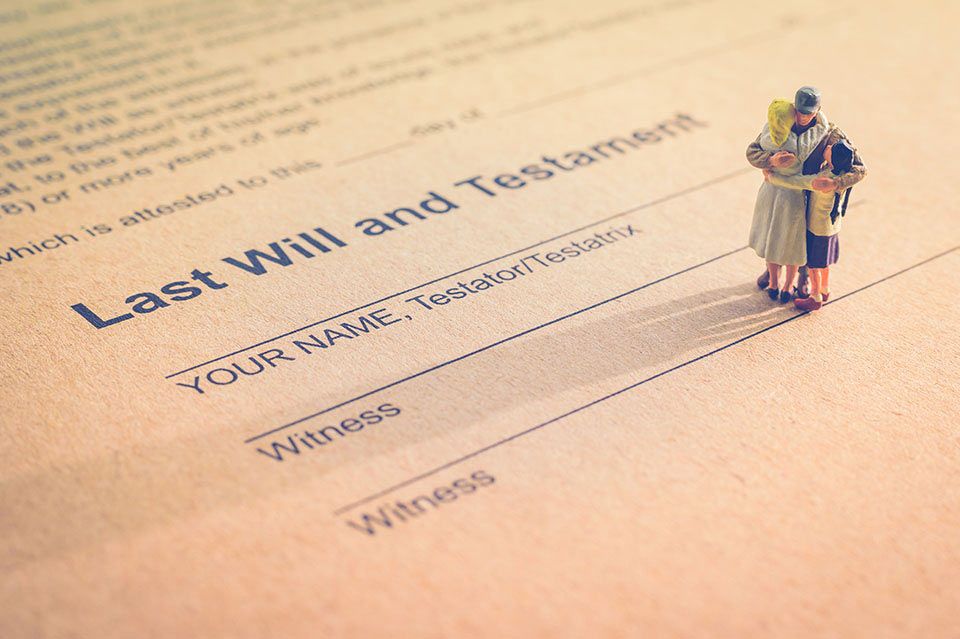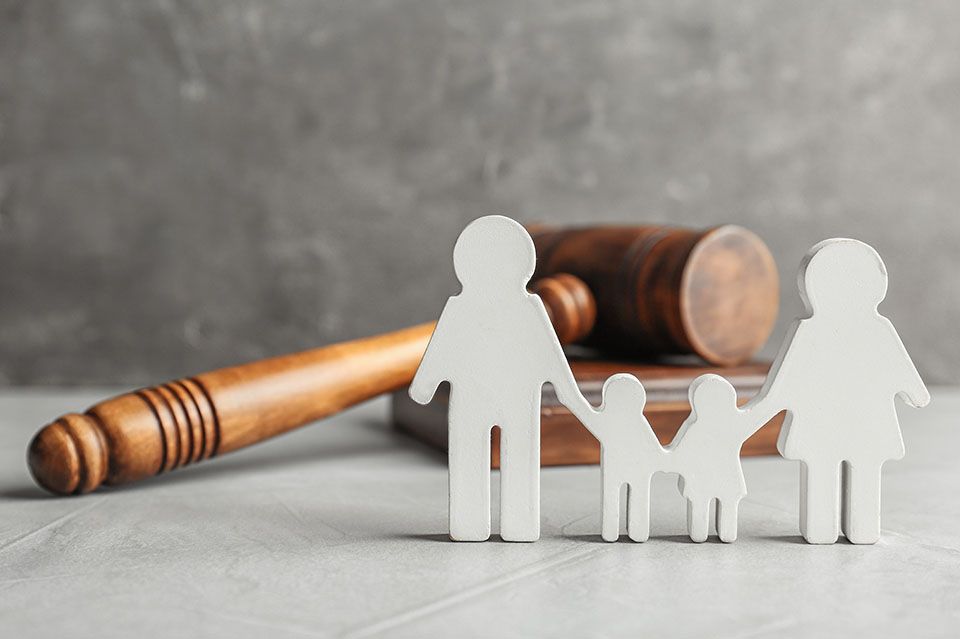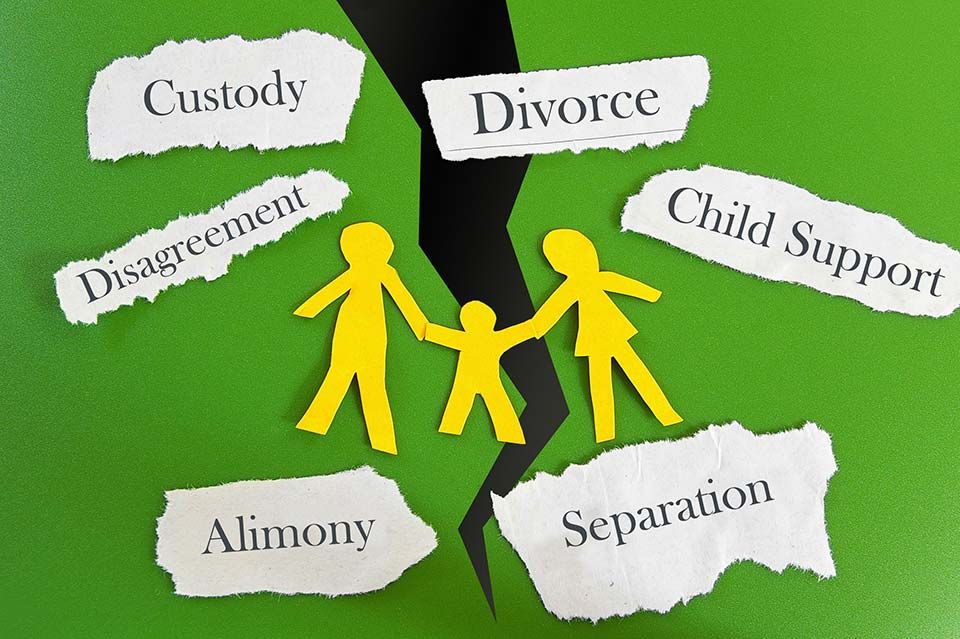What Are the Common Legal Claims in Motor Vehicle Accidents?
No one expects to be in a motor vehicle accident. Unfortunately, you’re at risk whenever you get into a car. All drivers have a responsibility to be as safe as they can be on the road, but in the instance that you are in a motor vehicle accident, you need to be prepared with a plan of action.
What Kind of Claims Are Commonly Made in Motor Vehicle Accidents?
Motor vehicle accidents are frightening and messy events, and seeking financial settlements from any of the parties involved can quickly become complicated. That’s why before you seek any legal action, you should consult with a trusted law firm, such as Warren Allen LLC. Determining the extent of damages to claim, as well as who should be named in any claims, is best left to the professionals. When it comes to understanding the basics of the claims, the most important things for you to know are the different kinds of damages that can have legal standing. You’re your best advocate when assessing any financial or material loss, so it’s best to be armed with the knowledge of what claims are available to you.
Property Damage Claims
In the event of a collision, insurance can help cover the costs associated with lost or damaged property. Depending on the coverage provided and the extent of the damage, your damages may exceed the amount covered by the policy.
1. Damage to Your Vehicle
After any motor vehicle accident, take your car to a mechanic or garage you trust to get an estimate of the cost of repairs. If the estimate goes beyond any insurance payments, you may be able to seek a claim to cover the remaining bill.
2. Damage to Your Possessions
If any of your possessions have been damaged due to another driver’s negligence beyond the amount that insurance will cover, you may be able to make property damage claims. You shouldn’t expect to be able to make a claim for every single item in your vehicle, but any larger or more expensive items that were damaged or lost in the incident may present a more solid case.
Personal Injury Claims
Often, the more costly expenses from motor vehicle accidents are related to personal harm or injury. This is because injuries sustained from motor vehicle accidents can have a much longer-lasting financial impact, often due to medical treatment or physical recovery. Claims of this nature can cover a wide variety of expenses, so it’s worth keeping them in mind.
1. Medical Expenses
Depending on the severity of injuries suffered by you or anyone else in your vehicle, a motor vehicle accident can result in rapidly building medical bills. Sometimes these bills are covered by either your or the other driver’s insurance, but in the event of more serious injuries, the cost may go far beyond any coverage. Emergency room visits, diagnostic tests like scans or x-rays, and even ambulance rides can quickly balloon medical costs.
Even after the initial emergency room visit, you may be facing even more medical bills for future treatment. Follow up visits, prescriptions, or even surgery may end up becoming necessary, and that’s if there’s a clear path to recovery. In the worst-case scenario, you may end up suffering from a chronic condition due to the collision. Obviously, if you’re recovering from severe physical trauma, you should by no means sacrifice your health for financial reasons. If your current and future medical expenses are growing way beyond your control, you may be able to cover it through a legal claim.
2. Physical Therapy Costs
Similar to medical costs, any physical therapy that you need to receive due to a motor vehicle accident may be covered through a legal claim. This can extend to any rehabilitation to regain physical capabilities you may have lost in the course of the collision, as well as any assistive devices, such as crutches or a wheelchair.
3. Loss of Income
Beyond the straightforward expenses for medical services or physical therapy, you may also be entitled to compensation for wages lost due to a motor vehicle accident. While many insurance plans offer wage replacement funds for individuals who are unable to return to work for medical reasons, it may not be enough to cover the entirety of lost wages. If you end up unable to work for an extended period of time due to a collision, you may be able to make a claim to cover said lost wages. This can extend beyond any wages lost before going to court as well.
If it’s determined that you will be out of work for an extended period of time into the future, you may qualify for additional compensation. This is legally termed as “lost earning capacity,” referring to the income a person will lose due to their inability to return to work in the future. If you’re unable to return to work for some time, or if you’re unable to return to your job at all due to injuries sustained, you may be able to seek a claim to cover the financial loss.
What Should I Do If I’m in a Motor Vehicle Accident?
If you’ve ever been unfortunate enough to be in an accident, you know how confusing and chaotic those first few minutes can be. The best way to walk away from a motor vehicle accident is to already have a concrete plan of action in mind whenever you get into a car.
The first and most important thing to do after a collision is to pull over and assess any injuries. If no one is in immediate need of your help, waste no time in calling 911. Even if you think there are no serious injuries, it’s critical you get professional aid to the scene of the collision.
After that, exchange information with the other driver and document, document, document! It’s extremely important you get a clear picture of the scene and damage in the moment, both for insurance reasons and for any potential legal claims you may end up making. If you aren’t sure whether or not you have a case, reach out to a reputable legal counsel. Motor vehicle accidents are horrible ordeals, but you don’t have to face the aftermath alone.


